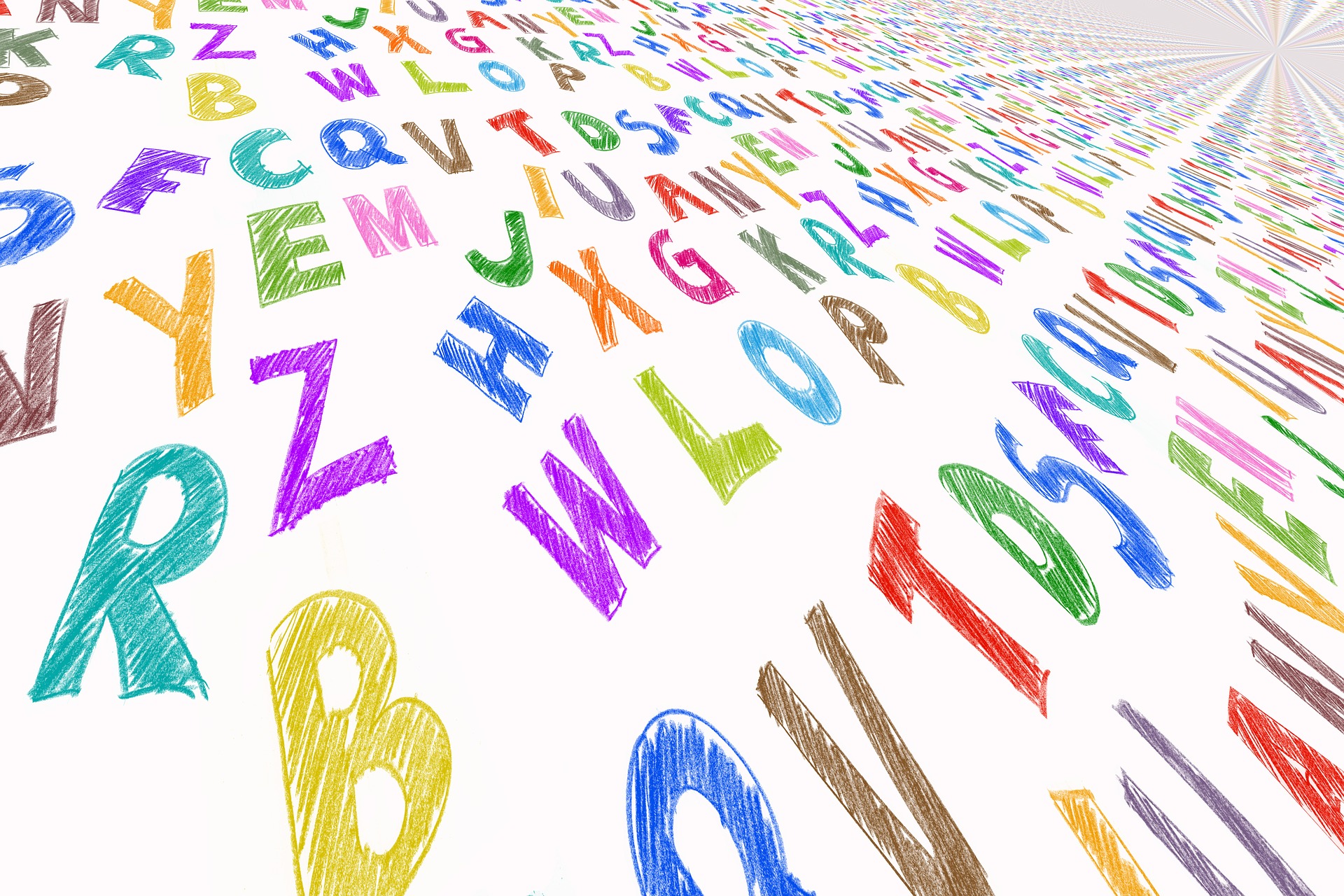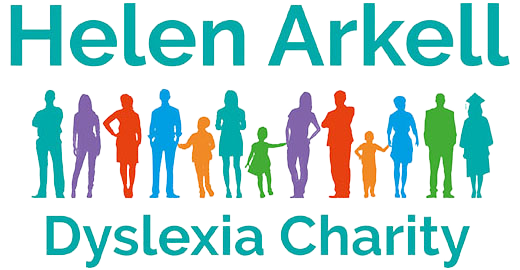What is dyslexia?
Dyslexia is a learning difference that affects reading, writing and spelling. A new definition of dyslexia has recently been released, find out more here.
Many people find that dyslexia brings all sorts of positive gifts, such as exceptional creativity, imagination, communication skills, problem-solving and the ability to think outside the box.
However, people with dyslexia may also have difficulty processing and remembering information they see and hear, and this can affect the development of their literacy skills.
Dyslexia can also affect other areas such as organisational skills, numeracy, language and concentration.

No two people with dyslexia are the same.
Dyslexia can range from mild to severe.
It often runs in families and is a life-long learning (neurological) difference.
It is estimated that at least one in ten people in the UK have dyslexia.
Dyslexia has nothing to do with intelligence; it affects people from all cultures and all different walks of life.
Many of the great breakthroughs in the way we lead our lives today have resulted from the ability of people with dyslexia to think differently, and come up with new solutions to old problems. Einstein was dyslexic. And so was Steve Jobs. And Leonardo da Vinci.
We know that dyslexia can overlap with other developmental difficulties such as developmental language disorder, dyscalculia, ADHD and developmental co-ordination disorder.
Children and adults with dyslexia often experience low confidence, low self-esteem and may find it hard to reach their full potential without appropriate support in place. But because people with dyslexia see the world differently, often more creatively, they are the people more likely to make a difference to the world.
The key is to get the right support at the right time.
Helen Arkell Dyslexia Charity are here to help.
The new Delphi Definition of Dyslexia
- Dyslexia is a set of processing difficulties that affect the acquisition of reading and spelling.
- In dyslexia, some or all aspects of literacy attainment are weak in relation to age, standard teaching and instruction, and level of other attainments.
- Across languages and age groups, difficulties in reading fluency and spelling are a key marker of dyslexia.
- Dyslexic difficulties exist on a continuum and can be experienced to various degrees of severity.
- The nature and developmental trajectory of dyslexia depends on multiple genetic and environmental influences.
- Dyslexia can affect the acquisition of other skills, such as mathematics, reading comprehension or learning another language.
- The most commonly observed cognitive impairment in dyslexia is a difficulty in phonological processing (i.e. in phonological awareness, phonological processing speed or phonological memory). However, phonological difficulties do not fully explain the variability that is observed.
- Working memory, processing speed and orthographic skills can contribute to the impact of dyslexia.
- Dyslexia frequently co-occurs with one or more other developmental difficulties, including developmental language disorder, dyscalculia, ADHD, and developmental coordination disorder.




